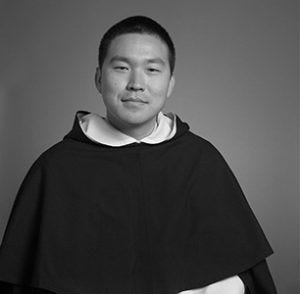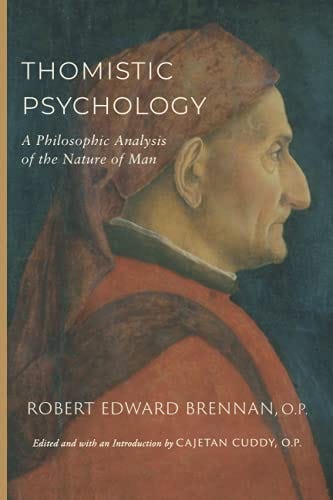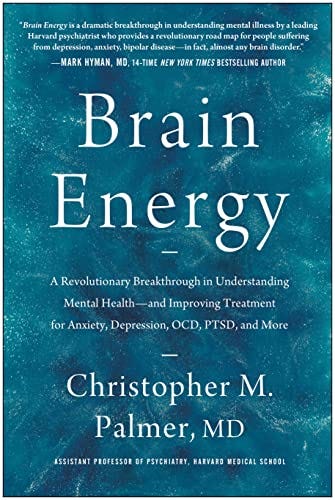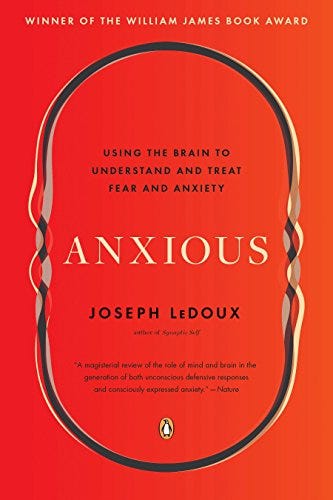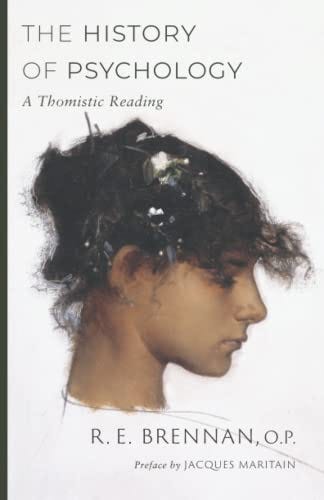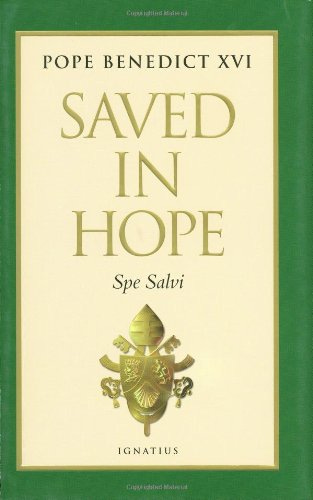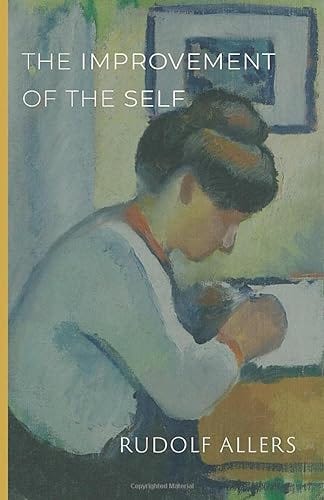Ep.54 Cajetan Cuddy O.P on The Psychology of St. Thomas Aquinas
Manage episode 424861146 series 3581187
In this episode of the Moral Imagination Podcast I speak with Fr. Cajetan Cuddy O.P. about Thomistic Psychology: A Philosophic Analysis of the Nature of Man, by Fr. Robert Edward Brennan, O.P., edited and with an introduction by Fr. Cuddy.
Aristotle wrote that “to attain any assured knowledge about the soul is one of the most difficult things in the world.” We often read psychology because we want to understand ourselves and our behavior- and the behavior of others. While we don’t normally think of St. Thomas Aquinas as a psychologist, as a serious philosopher, theologian, and student of the human person, St. Thomas gives us deep insight into human psychology — the study of the psyche or soul — our intellect, memory, will, emotions, and our embodied, embedded existence.
Fr. Brennan’s book on Thomistic Psychology provides a good accessible introduction to Aquinas’ reflections on psychology. As. Fr. Cuddy notes, some of the science in Thomistic Psychology is a bit out of date, but the key principles and ideas are still applicable and provide an important contribution, especially in a time when so many struggle with anxiety, depression, sadness and other mental health challenges. These have many causes to be sure, but the impact of modern theories of materialism, spiritualism and other reductionist visions of the person makes people even more confused about who they are and how to live well.
Living in Truth
One of the ideas central to the work of St. Thomas and Fr. Brennan is the idea of truth — conforming the mind to reality — and how taking truth seriously combined with a solid, non-reductionist philosophy of the person can have practical, positive impact on our mental and psychological health. Thomistic Psychology presents an integrated vision of the person that helps us the better to understand ourselves and others, and provides clear models and practical advice on addressing our problems, how to fight bad habits and build good ones, how to address our emotions, disappointments, and successes, and a roadmap on how to live well.
Embodied Persons
St. Thomas’ philosophy and psychology are also very important because he takes our embodiment seriously. We are not souls in a body or driving around in our body like we drive around in a car. Nor are we simply material beings determined by our neurobiology or genetics. Rather we are embodied persons our physical, moral, spiritual, emotional, and psychological life are intertwined. What we do and happens to us physically impacts our emotional and mental life and vice versa. St. Thomas’ suggested remedy for sadness is a perfect of example of his taking our physical and spiritual nature seriously.
We discuss a broad range of topics including:
What is a person
Divine Persons, Angelic Persons, Embodied persons
What it means for human to have a nature.
What is a soul?
What is a body?
Why the body matters
Free will
The proper use of the powers of man
The remedy for saddnes
St. Thomas on the Senses — sight, touch, hearing etc.
Memory
Imagination
St. Thomas idea of self-creation
Human formation
The person as passive and active agent
The role of happiness
Evil as a privation
Why we need to be careful about the music we listen to, the movies we watch, what we think about
Spiritual and/or Religious
The beginning of love according to John Paul II
Faith, Hope, Charity
How the Christian life is not to become an angel — but a human being fully integrated.
Liturgy
Fasting
Praying with our Bodies
Find additional resources and links to books we discuss at www.themoralimagination.com
Biography:
Fr. Cajetan Cuddy, O.P., is a priest of the Dominican Province of St. Joseph. He serves as the general editor of the Thomist Tradition Series, and he is co-author of Thomas and the Thomists: The Achievement of St. Thomas Aquinas and His Interpreters. Fr. Cuddy has a B.A. from Franciscan University, a M.Div./S.T.B., The Pontifical Faculty of the Immaculate Conception, a S.T.L., The Pontifical Faculty of the Immaculate Conception and his doctorate, a S.T.D. from the University of Fribourg, Switzerland. He writes and lectures extensively on the philosophy and theology of St. Thomas Aquinas and the Thomist Tradition. Some of his selected publications can be found here.
Fr. Cuddy also lectures for the Thomistic Institute. For an excellent introduction to the philosophy and theology of St. Thomas Aquinas I recommend the Thomistic Institutenstitute.org/ and their series Aquinas 101
The late Fr. Robert Edward Brennan, O.P. was a Dominican Friar, professor, and the author of numerous books and articles including Thomistic Psychology and The History of Psychology: A Thomistic Reading, both published recently by Cluny Media.
Resources
Divine Mercy Psychology Program
Aquinas 101 at The Thomistic Institute
MMM Podcast on building The Moral Imagination
Thomistic Psychology: A Philosophic Analysis of the Nature of Man
By Brennan O.P., Robert Edward
By Palmer MD, Christopher M.
Anxious: Using the Brain to Understand and Treat Fear and Anxiety
By LeDoux, Joseph
By Stern, Karl
By Allers, Rudolf
The History of Psychology: A Thomistic Reading
By Brennan O.P., Robert Edward
By Pope Benedict XVI
By Pieper, Josef
By Allers, Rudolf
8 episodes
